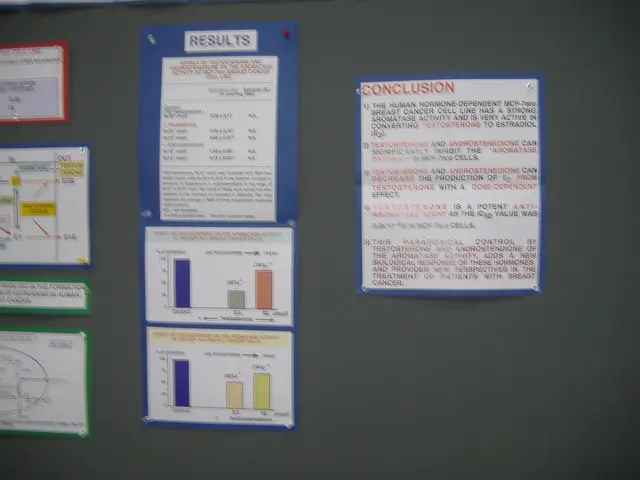Reported Email Malware Investigation Linked to Manipulation of US-China Trade Negotiations
In a concerning development, a hacker group believed to be linked with Chinese intelligence, APT41, is under investigation for sending a fake email purportedly from Representative John Moolenaar. The email, which asked recipients to review proposed legislation, was aimed at gaining insights into the Trump administration's trade talks with Beijing.
The email came to light when staffers of Moolenaar's committee started receiving puzzling inquiries about it. The US Capitol Police are currently investigating the emails, while the FBI is working with partners to identify and pursue those responsible.
The malware in the email, if opened, would have given hackers extensive access to the targeted groups. This alleged attack is reported to be the latest Beijing-linked hacking operation aimed at gaining insight into recommendations for contentious trade talks with China.
Representative John Moolenaar, who is the chairman of a congressional committee focused on strategic competition between China and the United States, called the attack another example of Chinese cyber operations aimed at stealing US strategy.
The US-China trade talks in Sweden resulted in an extension of a truce on tariffs until early November. However, the timing of the first malware email, sent just before these talks, has raised concerns about its potential impact on the negotiations.
China, on its part, firmly opposes and combats all forms of cyber attacks and cyber crime. The Chinese embassy in Washington stated they are not familiar with the details of the reported attack and that all countries face cyberattacks that are difficult to trace. They also opposed smearing others without solid evidence.
The newspaper did not provide information about the website from which the information was obtained. The Chinese embassy reiterated that all countries should respect each other's sovereignty and refrain from making unfounded accusations.
As the investigation continues, it is essential that all parties involved prioritise cybersecurity and work towards preventing such incidents in the future. The US government has vowed to bring those responsible to justice, underscoring the seriousness of the situation.
Read also:
- Emergency services of the future revealed by Renault with the introduction of the Vision 4Rescue vehicle.
- SonicWall executive Michael Crean discusses the current state of managed security
- Companies exercise prudence towards AI adoption, ensuring secure implementation: Exploring safeguards and strategies.
- Stolen Brain Data of Sinner and Leclerc (Yellow chroma), previously held in China, repurposed for military training purposes.







